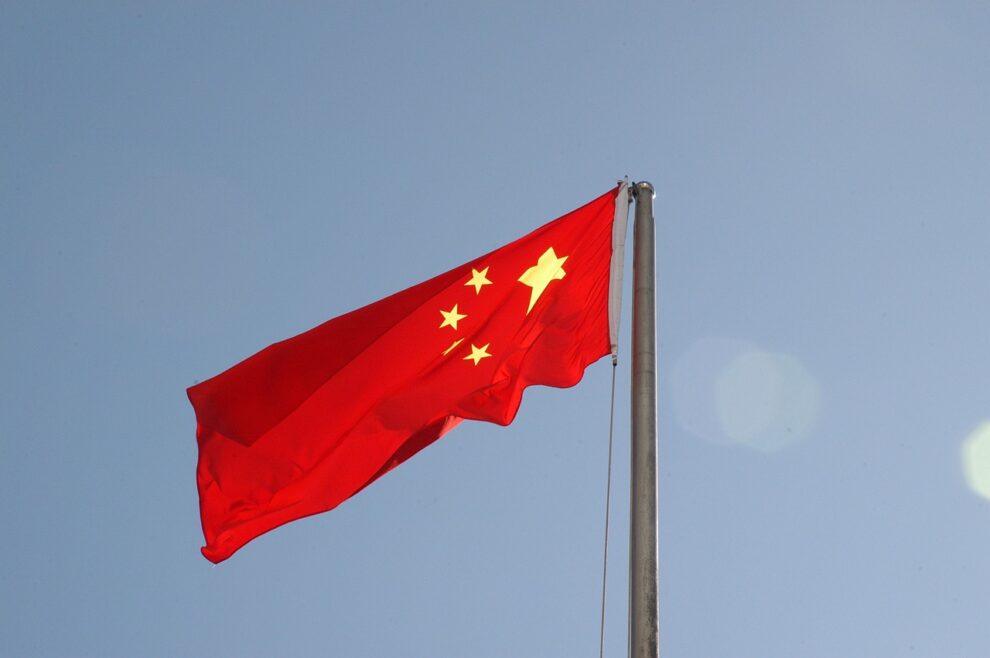China’s premier on Tuesday urged closer cooperation with Germany to shore up a struggling global economy, at a time when the European export powerhouse is seeking to reduce its reliance on the Asian giant.
Li Qiang, on his first trip abroad since he was named China’s prime minister, also underlined the emphasis Beijing places on improving relations with the European Union as criticisms from the bloc grow louder.
Burned by its reliance on Russian gas and hurt by supply chain disruptions during the pandemic, Germany and the European Union overall have been intensifying efforts to “de-risk” from China.
Addressing the press after talks, Scholz also underlined Berlin’s move to diversify its trading partners, saying that Germany is “committed to actively broadening our economic relations with Asia and beyond”.
But Li argued that “the global economic recovery lacks a growth dynamic”.
“China and Germany, as influential and big nations, should all the more work closely together towards world peace and development,” he said, adding that Beijing also wants to bring ties with the EU “to a higher level”.
– Mistrust –
Export giant Germany, by virtue of its economic might, has always enjoyed special ties with China.
Under former chancellor Angela Merkel, Berlin took a pragmatic approach of talking up economic opportunities while keeping less flattering opinions on rights and freedom behind closed doors.
That made China a key market for Germany‘s exporters while also allowing Berlin to take in prominent human rights activists like Liu Xia, apparently without suffering any retaliatory consequences.
But the coronavirus pandemic raised doubts about the wisdom of relying on a far-flung partner with its own huge domestic needs for essentials from medication to surgical gowns to masks.
Russia’s war on Ukraine turned the approach of economic rapprochement on its head, and also put the spotlight on self-ruled and democratic Taiwan, which China views as its territory and has vowed to retake one day — by force if necessary.
– ‘Systemic rival’ –
Days ahead of Li’s visit, Germany in its first national security strategy, called Beijing a “partner, competitor and systemic rival”.
The blueprint also accused China of acting against German interests, putting international security “under increasing pressure” and disregarding human rights.
The latest report published Tuesday by Germany’s intelligence agency also cited China as the “biggest threat in relation to economic and scientific espionage and foreign direct investments in Germany”.
But German industry finds Berlin’s pivot easier said than done.
After all, China remains Germany’s biggest trading partner.
But that also “means that if there are major upheavals between China and the West or even a war over Taiwan, the German economy as a whole will be severely endangered,” warned Spiegel.
German Foreign Minister Annalena Baerbock has signalled that the way to handle the delicate situation was to boost cooperation with China on areas on which both sides can agree, such as the climate — something which both sides gamely took up on Tuesday.
“China and Germany should become green partners,” said Li, while Scholz added that “close cooperation in the fight against climate change was a particular concern for us today.”
